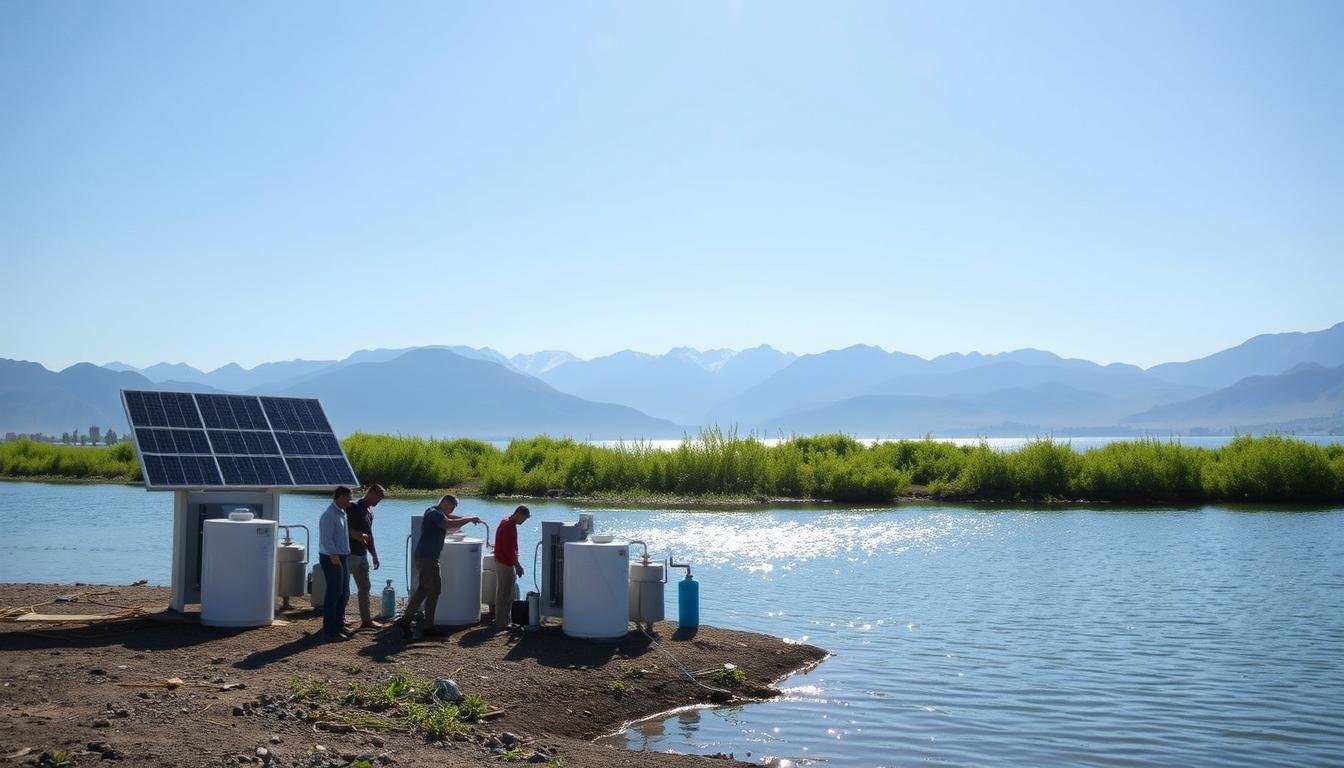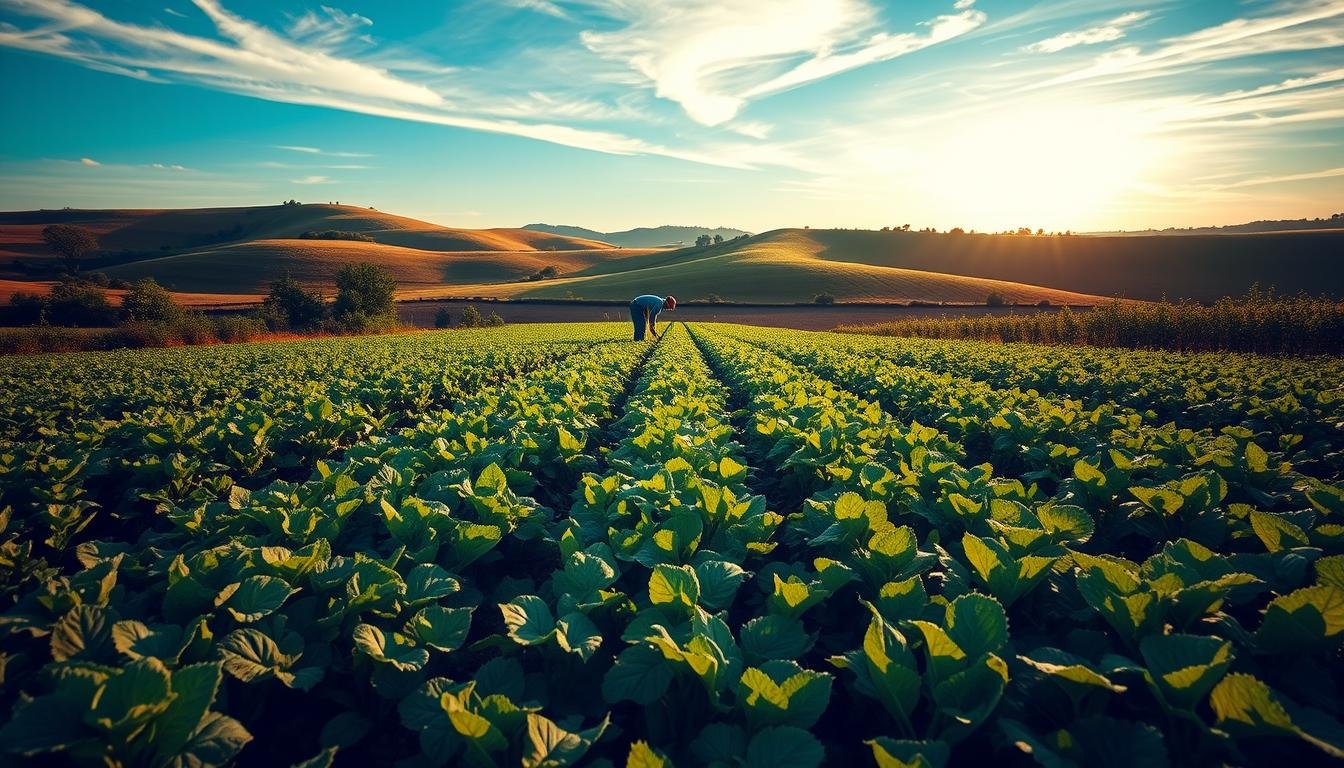Sustainable agriculture is a holistic approach to farming that aims to minimize harm to the environment. It focuses on soil health, biodiversity, and efficient resource use. Let’s look at 7 key practices for a sustainable future.
1. Cover Crop Rotation
Cover crop rotation involves growing different crops in a sequence to improve soil health.
These crops, like legumes or grasses, protect the soil from erosion and add organic matter.
By rotating crops, farmers naturally replenish soil nutrients, reducing the need for synthetic fertilizers.
2. Organic Farming
Organic farming uses natural inputs and techniques, avoiding synthetic chemicals.
Farmers use compost, crop rotation, and biological pest control to maintain soil health.
Organic farming produces healthier food, promotes biodiversity, and reduces pollution from chemicals.
3. Water Conservation
Water conservation is vital, mainly in areas with limited water.
Farmers use techniques like drip irrigation and rainwater harvesting to save water.
Efficient water use helps maintain crop yield and preserves freshwater ecosystems.
4. Precision Agriculture
Precision agriculture uses advanced technologies to optimize farming.
It involves monitoring soil and crop conditions to make informed decisions.
This approach reduces waste and minimizes environmental impact.
5. Integrated Pest Management
Integrated Pest Management (IPM) focuses on ecological pest control.
It uses biological agents, crop rotation, and resistant varieties to manage pests.
This approach reduces chemical pesticide use and preserves beneficial insects.
6. Agroforestry
Agroforestry combines trees with crops or livestock.
It enhances biodiversity, reduces erosion, and improves soil fertility.
Agroforestry systems include alley cropping and silvopasture.
7. Crop Diversity
Crop diversity involves growing a variety of crops.
This practice reduces pest and disease risks, improves soil health, and enhances resilience.
Crop diversity also ensures a variety of nutritious and culturally important crops.
Conclusion
Adopting sustainable agricultural practices is key to addressing environmental challenges.
Practices like cover crop rotation, organic farming, and water conservation are essential.
By using these methods, we can protect our resources, preserve biodiversity, and ensure a sustainable future.
FAQs
What is sustainable agriculture?
Sustainable agriculture is a way to farm that tries to harm the environment less. It also aims to keep farming productive for a long time.
Why is crop diversity important in sustainable agriculture?
Crop diversity helps protect against pests and diseases. It also makes the soil healthier. Plus, it helps farms deal with climate change better.
How does precision agriculture benefits farmers?
Precision agriculture helps farmers make better choices. They can decide how to water, fertilize, and control pests. This makes farming more efficient and uses resources better.
What are the advantages of agroforestry?
Agroforestry boosts biodiversity and cuts down soil erosion. It also makes the soil more fertile. And it gives farmers more ways to make money.
How does integrated pest management work?
Integrated pest management uses natural ways to fight pests. This includes using biological control agents and rotating crops. It helps reduce the need for harmful chemicals.





